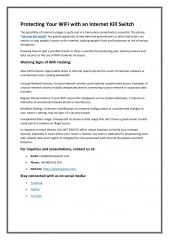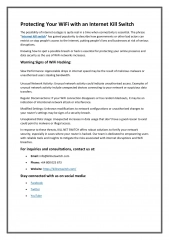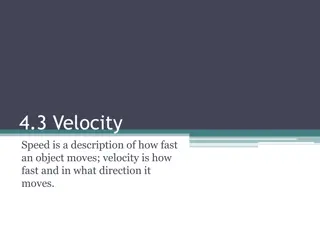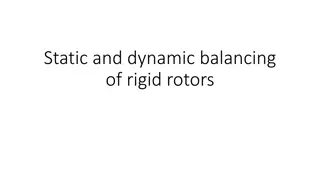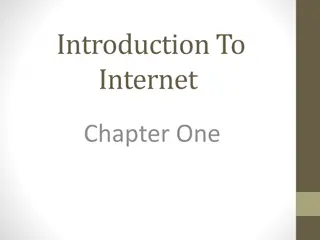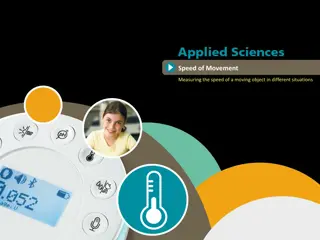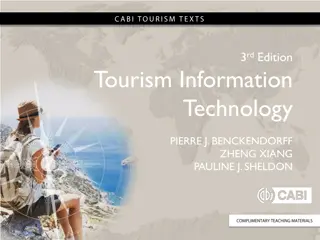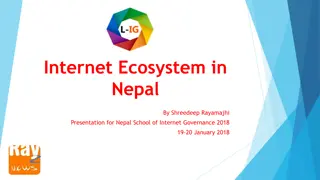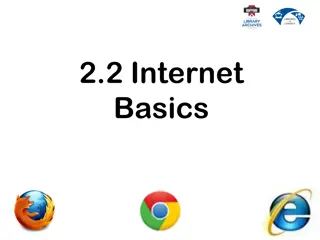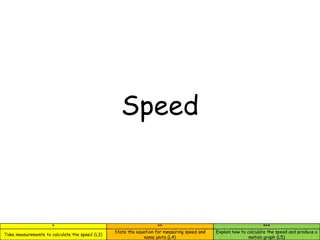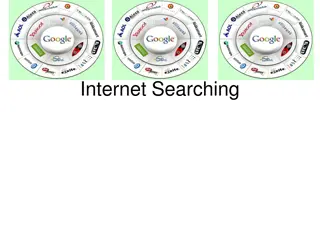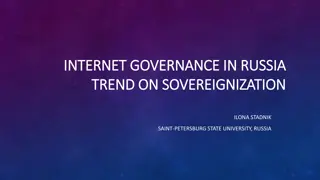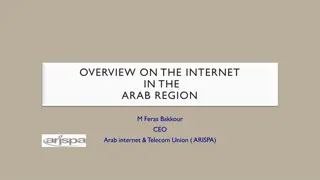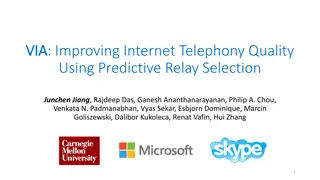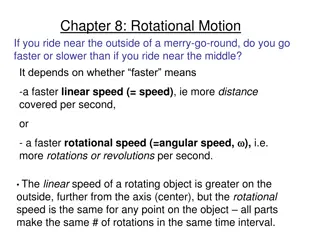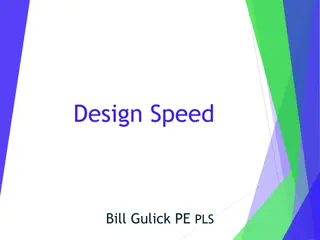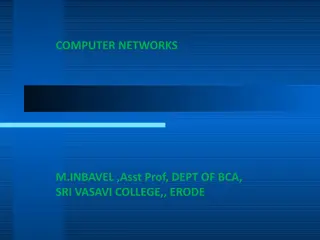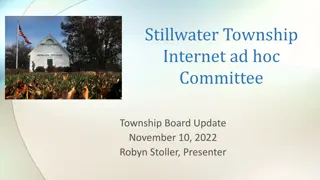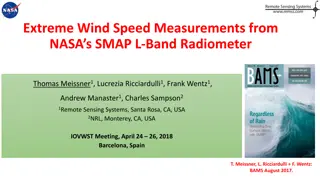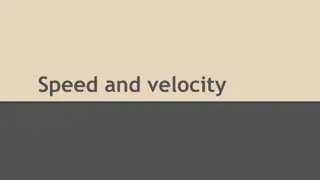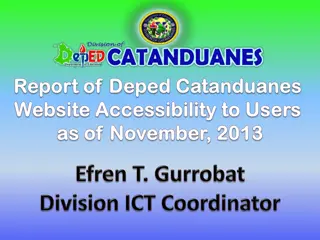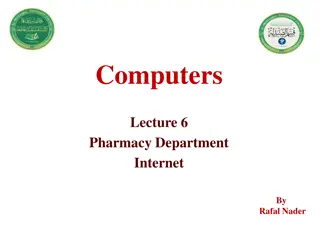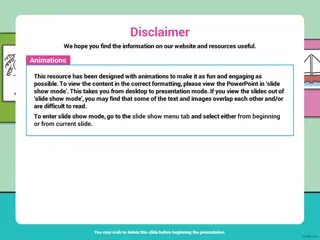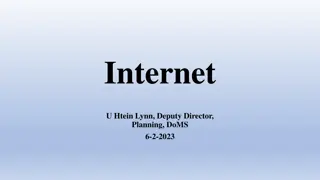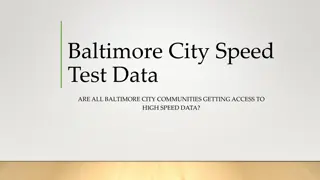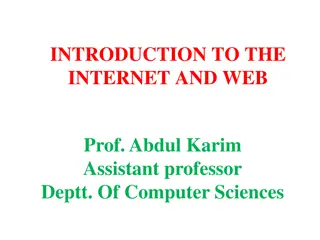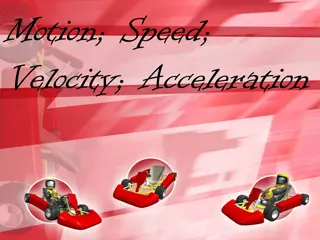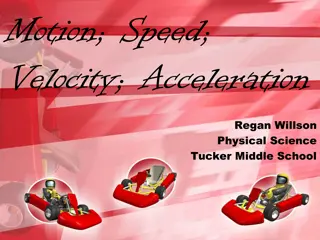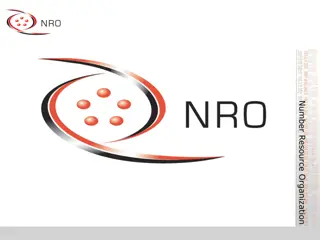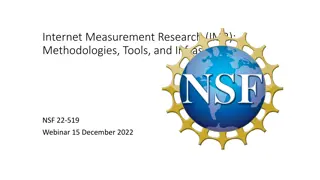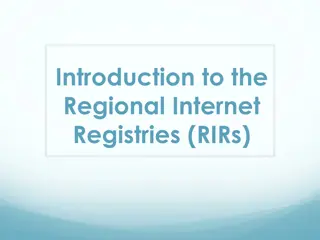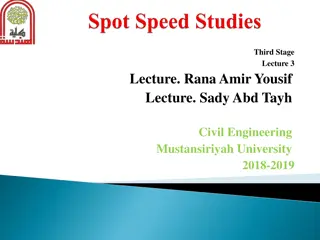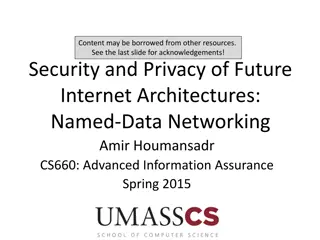Protecting Your WiFi with an Internet Kill Switch
The possibility of internet outages is quite real in a time when connectivity is essential. The phrase \"internet kill switch\" has gained popularity to describe how governments or other bad actors can restrict or stop people's access to the internet, putting people's lives and businesses at risk of
0 views • 1 slides
Protecting Your WiFi with an Internet Kill Switch
The possibility of internet outages is quite real in a time when connectivity is essential. The phrase \"internet kill switch\" has gained popularity to describe how governments or other bad actors can restrict or stop people's access to the internet, putting people's lives and businesses at risk of
0 views • 1 slides
Tektronix Technologies- Internet of Things (IOT) Across UAE
As our use of Internet of Things (IoT) Applications increases rapidly, so does its associated security risks. With technology quickly developing in our society and daily lives, the Internet of Things (IoT) is rapidly becoming part of everyday life. Tektronix Technologies are specialists in IoT secur
3 views • 1 slides
Hotel Internet Booking Engine
Discover Travelopro's cutting-edge hotel internet booking engine. Elevate your hospitality experience with our tailored services, designed for hotels of all sizes. A hotel Internet booking engine is a software tool on the hotel's own website to ensure that guests can easily book directly with the ho
3 views • 15 slides
Velocity vs. Speed in Physics
Velocity and speed are fundamental concepts in physics that describe how fast an object is moving and in what direction. While speed is a scalar quantity representing the rate of motion, velocity is a vector quantity that includes both speed and direction. Constant velocity implies steady speed and
0 views • 8 slides
Rigid Rotor Balancing and Critical Speed
Explore the concepts of static and dynamic balancing of rigid rotors, determining when a rotor can be assumed rigid based on speed, examining Jeffcott rotor critical speed problems, and discussing the simplest model of rotor systems. Learn about rotor imbalance, free vibrations, natural frequency, a
1 views • 29 slides
The Basics of the Internet
The internet is a vast network of interconnected computer networks worldwide that use the standard Internet protocol. It has evolved through history from the development of electronic computers in the 1950s to its current state where various entities own different parts of the infrastructure. Differ
1 views • 24 slides
Mobile Computing and TCP/IP Protocol Suite
Mobile computing is crucial for continuous internet connectivity regardless of physical location. The TCP/IP protocol suite, consisting of Transmission Control Protocol (TCP) and Internet Protocol (IP), forms the backbone of internet infrastructure. IP addressing and mobility challenges are addresse
2 views • 51 slides
Speed of Movement in Different Situations
Exploring the concept of speed in the context of moving objects, this activity aims to analyze changes in speed, create hypotheses, and test them using a built-in GPS sensor. The theoretical background covers the definition of speed, its relation to distance and time, as well as the distinction betw
2 views • 27 slides
Evolution of Internet Technology in Tourism: A Comprehensive Study
Exploring the impact of the Internet on tourism, this study delves into topics such as historical evolution, Internet usage by travelers and organizations, search engine optimization, and web development for successful tourism sites. Key concepts like ISPs, servers, domains, and eCommerce are discus
1 views • 23 slides
Centrifugation: Industrial and Laboratory Applications
Centrifugation is a procedure that utilizes centrifugal force to separate components based on density in mixtures for both industrial and laboratory purposes. This process involves the rotation of particles at high speeds to induce sedimentation. Different types of centrifuges, such as low-speed and
0 views • 18 slides
The Internet Ecosystem in Nepal: Challenges and Multistakeholderism
Explore the internet ecosystem in Nepal through a presentation focusing on internet penetration, multistakeholderism, major challenges faced by stakeholders, and role-play sessions highlighting key issues and objectives. Learn how stakeholders can come together to address challenges and shape intern
2 views • 8 slides
Internet Basics and Web Browsers
This content covers the basics of the Internet and World Wide Web, including the differences between the two, the functions of web browsers, components of Internet Explorer, parts of the World Wide Web, conducting effective Internet searches, understanding search results, evaluating websites, and di
0 views • 49 slides
Speed and Motion: Equations, Calculations, and Graphs
Speed is defined as the distance traveled per unit of time and is measured using the equation Speed = Distance/Time, with units typically in meters per second (m/s). To calculate speed, measure the distance traveled and the time taken. Motion graphs can be used to visualize speed by plotting time on
2 views • 11 slides
The Internet: A Comprehensive Overview
The Internet is a vast network connecting people, businesses, and institutions globally. It offers access to a wealth of information, from news and weather updates to online shopping and social interactions. However, the ever-changing nature of the Internet means search results can vary, and not all
0 views • 50 slides
Internet Society 2024 Action Plan Overview
In 2024, the Internet Society aims to defend the Internet, enhance its resilience, scale impact through mobilization, and ensure organizational sustainability. Initiatives include advocating for Internet rights, building infrastructure, mobilizing communities, and shaping Internet policies.
2 views • 19 slides
Trends in Internet Governance and National Sovereignization in Russia
The discussion revolves around the trend of aligning cyberspace with national borders, emphasizing national security concerns in the context of internet governance in Russia. It covers topics such as reframing cybersecurity as a national security issue, militarization of cyberspace, territorializati
0 views • 11 slides
Coping Behavior Variances in Adolescents with Varying Degrees of Internet Addiction
Adolescence is a critical period for personal development where coping behavior plays a significant role. This study by Irina Petrochenko focuses on exploring coping behavior features in adolescents with different levels of internet addiction. Research methods involved testing 75 individuals aged 14
0 views • 10 slides
Internet Overview in the Arab Region by ARISPA
The Arab Internet & Telecom Union (ARISPA) provides a detailed overview of internet penetration rates in the Arab region, focusing on global and regional comparisons, as well as the future IPv4 situation. Founded in 2006, ARISPA works under the Arab Economic Union Council, with 20 members representi
0 views • 17 slides
Enhancing Internet Telephony Quality Through Predictive Relay Selection
Examining the quality of Internet telephony in relation to network performance, this research explores the use of Managed Overlay to improve call quality for services like Skype. Analysis of 430 million Skype calls reveals that a significant portion experience poor network performance, emphasizing t
1 views • 26 slides
Rotational Motion: Linear vs. Angular Speed
Exploring the concept of rotational motion, this content delves into the comparison between linear speed (tangential speed) and rotational speed (angular speed). It discusses how the linear speed varies based on distance from the axis of rotation, while the rotational speed remains constant for all
0 views • 27 slides
Design Speed in Highway Engineering
Design speed in highway engineering refers to the selected speed used to determine the geometric features of roadways. It has evolved over time, with the current definition emphasizing safety, driver expectations, and balancing various factors like social, environmental, and economic considerations.
0 views • 12 slides
Computer Networks and the Internet: An Overview
Explore the world of computer networks, delve into the history of the internet, learn how to connect to the internet, discover internet services, and understand the significance of the World Wide Web. Gain insights into different types of web browsers and browsers. A comprehensive introduction to th
0 views • 9 slides
Stillwater Township Internet Ad Hoc Committee Update - November 2022
The Stillwater Township Internet Ad Hoc Committee provides updates on broadband progress, speed test results, grant eligibility, and status updates from ISPs like Century Link and Comcast/Xfinity. The focus is on achieving MN statutory broadband goals and expanding access to high-speed internet in t
1 views • 9 slides
Extreme Wind Speed Measurements from NASA's SMAP L-Band Radiometer
NASA's SMAP (Soil Moisture Active Passive) mission has been collecting data on extreme wind speeds since April 2015 using an L-band radiometer. The measurements provide valuable insights into wind speed frequencies, with a wide range of signals received by the sensor challenging the data analysis. A
0 views • 17 slides
Speed and Velocity in Physics
Speed and velocity are fundamental concepts in physics. Speed is a scalar quantity that can be average or instantaneous, while velocity is a vector quantity that includes direction. Equations such as v=d/t help calculate these values. Average speed and average velocity are important in determining t
1 views • 10 slides
Insights into Computer and Internet Usage in Schools
This data collection provides statistics on the usage of computer units and internet connections in schools, frequency of internet browsing, strength of mobile phone and broadband signals, and the percentage of internet users per week. It gives an overview of the technology environment in educationa
1 views • 16 slides
The Basics of the Internet and World Wide Web
The internet, a vast network of networks, connects billions of users globally. Learn how the internet operates, who owns it, and the distinction between the internet and the World Wide Web. Discover the origins of the WWW and how web pages function to deliver information through browsers. Explore th
1 views • 29 slides
Internet Safety Guide for Children
In this animated presentation, children are introduced to the Internet, its uses, and safety measures. The content explains the concept of the Internet, its purpose, and highlights the importance of adult supervision while browsing. Tips on safe Internet usage and what to do when encountering unfami
0 views • 14 slides
The Internet: A Comprehensive Overview
The internet is a globally connected network system that allows worldwide communication and access to data resources. It is governed by agencies like IANA, and connecting a computer to the internet enables access to information, communication globally, and more. The internet is a global wide area ne
1 views • 17 slides
Baltimore City High-Speed Data Access Analysis
The Baltimore City Speed Test Data analysis examines the internet speed access in various communities within Baltimore City. The report includes details on average download speeds, communities with the lowest speeds, and a comparison of internet speed requirements for different online activities. Th
0 views • 7 slides
Introduction to the Internet and Web by Prof. Abdul Karim
Explore the fascinating world of the Internet and Web in this insightful overview by Prof. Abdul Karim. Learn about the vast network of the Internet, its decentralized nature, uses such as email and web browsing, the concept of the World Wide Web, Internet Service Providers (ISPs), IP Addressing, an
0 views • 14 slides
Motion, Speed, Velocity, and Acceleration
Motion is when an object changes its place or position. To describe motion accurately, consider the start and end position, movement relative to a reference point, distance traveled, and direction. Speed refers to the distance traveled per unit of time and can be calculated using the formula speed (
0 views • 25 slides
Motion, Speed, Velocity, and Acceleration in Physical Science
Explore the concepts of motion, speed, and velocity along with practical examples and calculations. Learn to describe motion, calculate speed using formulas, solve speed math problems, and understand the different ways to calculate speed. Dive into the world of physical science with explanations and
0 views • 26 slides
Internet Resource Status Report as of 31 March 2018
This report provides detailed information on the status of Internet number resources as of March 2018, including IPv4 address space allocation, available IPv4 /8s in each Regional Internet Registry (RIR), IPv4 address space issued by RIRs to customers, ASN assignments by year and total ASN assignmen
0 views • 18 slides
Advancing Internet Measurement Research: IMR Program Overview
The Internet Measurement Research (IMR) program aims to enhance Internet measurement methodologies, tools, and infrastructure for a comprehensive understanding of wired and wireless networks. It promotes the development of new data collection methods, measurement tools, and related infrastructure. T
1 views • 23 slides
Regional Internet Registries (RIRs) and NRO in Internet Governance
Regional Internet Registries (RIRs) manage the allocation and registration of Internet number resources such as IP addresses and autonomous system numbers. They operate as not-for-profit organizations providing core services like resource distribution, maintaining directories, and facilitating polic
0 views • 11 slides
Spot Speed Studies in Traffic Engineering
Spot speed studies are essential in estimating vehicle speeds in traffic streams, aiding in establishing traffic parameters, control measures, and safety evaluations. These studies involve recording vehicle speeds at specific locations to analyze speed trends, set speed limits, and assess the impact
0 views • 17 slides
Speed and Distance Estimation in Speed Trap Lab
Dive into the world of speed and distance estimation with the Speed Trap Lab. Learn how to calculate speed and distance, taking into consideration uncertainties and variations in time measurements. Explore the relationship between distance, time, and speed through engaging visual aids and practical
0 views • 4 slides
Evolution of Internet Architecture: Challenges and Solutions
The evolution of internet architecture from the 70s to the present day has led to new communication paradigms such as content-intensive communications, content lookup, caching, mobility, and cloud computing. While the traditional TCP/IP model focused on end-to-end communication, the current internet
1 views • 28 slides
